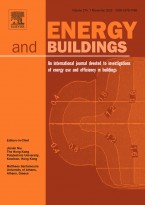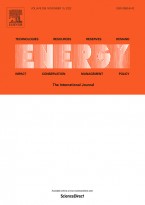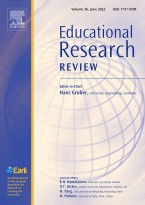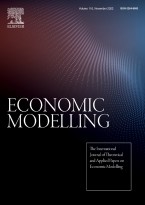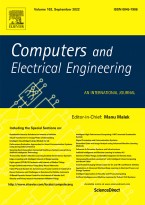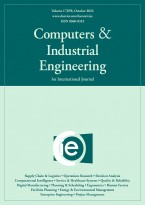
چکیده فارسی
فلوئوروزیس اسکلتی مرتبط با مصرف معمول چای: پیگیری طولانی مدت پس از کاهش و قطع چای
چکیده هدف: فلوئوروزیس سیستمیک ناشی از مصرف زیاد چای یکی از علل استئواسکلروز اکتسابی است. برگشتپذیری فلوئوروزیس سیستمیک و دادههای پیامد طولانیمدت اساساً محدود به چند گزارش موردی است و هرگز در زمینه فلوئوروزیس به دلیل مصرف زیاد چای مزمن گزارش نشده است. روشها: قبلاً 4 بیمار مبتلا به فلوراید اضافی ناشی از مصرف معمول چای با طیف گسترده بیماری از جمله فلوروز اسکلتی، علائم گوارشی، درد اندام تحتانی و نارسایی کلیوی گزارش شدهاند. در اینجا، ما پیگیری طولانی مدت دو مورد از آن موضوعات را گزارش می کنیم. یافتهها: کاهش و قطع مصرف چای با بهبود سریع درد استخوان، عملکرد کلیه و علائم گوارشی همراه بود. برگشت پذیری استئواسکلروز و کاهش تراکم معدنی استخوان نیز طی چندین سال پس از کاهش و حذف منبع فلوراید مشاهده شد. کاهش اولیه در سطح فلوراید پلاسما رخ داد، به دنبال آن یک فلات در سطوح بالاتر از حد طبیعی تا 11.5 سال پس از آن ادامه یافت. نتیجهگیری: حذف فلوراید اسکلتی باقیمانده از مصرف زیاد چای مزمن ممکن است طولانیتر از تخمینهای قبلی طول بکشد، اگرچه عوامل خاص مرتبط با بیمار از جمله کاهش عملکرد کلیه نیز ممکن است در ادامه افزایش فلوراید پلاسما نقش داشته باشند. اختصارات: تراکم معدنی استخوان BMD DXA دو انرژی اشعه ایکس جذب سنجی FN گردن فمورال LS ستون فقرات کمری
چکیده انگلیسی
Skeletal Fluorosis Related to Habitual Tea Consumption: Long-Term Follow-Up After Reduction and Discontinuation of Tea
ABSTRACT Objective: Systemic fluorosis due to excessive tea consumption is a cause of acquired osteosclerosis. Reversibility of systemic fluorosis and long-term outcome data are essentially limited to a few case reports and has never been reported in the context of fluorosis due to chronic excessive tea intake. Methods: We previously reported on 4 patients with fluoride excess due to habitual tea consumption with a wide disease spectrum, including skeletal fluorosis, gastrointestinal symptoms, lower extremity pain, and renal insufficiency. Herein, we report long-term follow-up on two of those subjects. Results: Reduction and discontinuation of tea intake was associated with rapid improvement of bone pain, renal function, and gastrointestinal symptoms. Reversibility of osteosclerosis and reductions in bone mineral density were also observed over several years after reduction and elimination of the fluoride source. An initial decrease in plasma fluoride levels occurred, followed by a plateau at above-normal levels persisting up to 11.5 years thereafter. Conclusion: Elimination of retained skeletal fluoride from chronic excessive tea ingestion may take longer than previous estimates, although specific patient-related factors including reduced renal function may have also contributed to the continued plasma fluoride elevations. Abbreviations: BMD bone mineral density DXA dual-energy X-ray absorptiometry FN femoral neck LS lumbar spine
